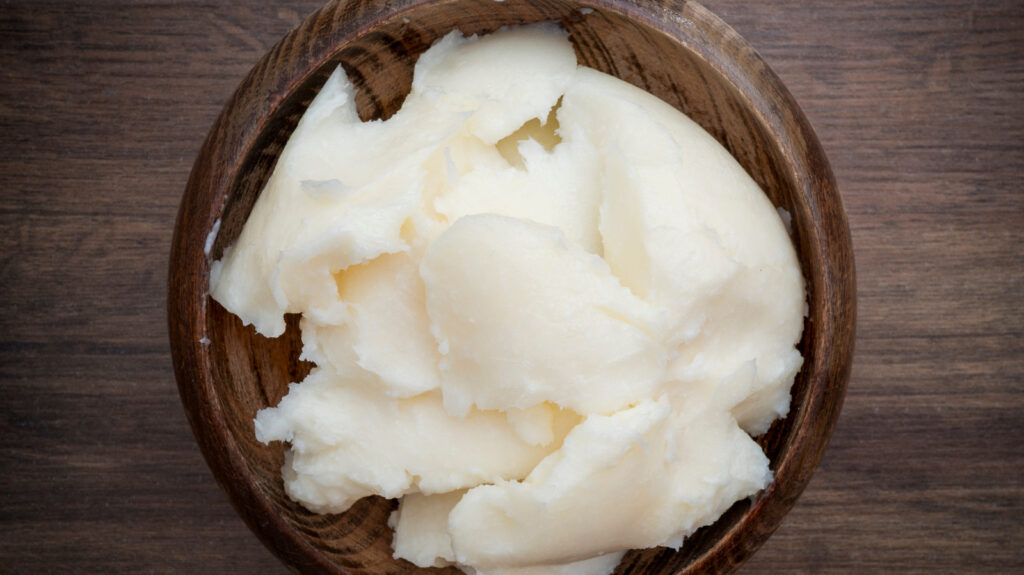Shortening, also known as hydrogenated vegetable oil or trans fat, has long been a subject of debate in the world of nutrition. It is commonly used in baking and frying due to its ability to enhance texture and extend shelf life. However, concerns about its impact on health have raised questions about whether shortening is good or bad for you. In this comprehensive guide, we will explore the various aspects of shortening, its effects on health, and the potential alternatives available.
What is Shortening?
Shortening is a type of fat made from vegetable oils through a process called hydrogenation. Hydrogenation involves adding hydrogen atoms to the oil, which changes its physical properties, making it solid at room temperature. The solid texture of shortening makes it ideal for use in baking and creating flaky pastries and crusts.
The Good: Benefits of Shortening
- Texture Enhancement: Shortening has the ability to create a light and tender texture in baked goods. It achieves this by coating the flour particles, preventing them from forming gluten networks, resulting in a softer texture.
- Shelf Life Extension: Shortening’s solid nature helps to increase the shelf life of baked goods by slowing down the process of oxidation. This can be particularly beneficial for commercial bakeries and food manufacturers.
- Heat Stability: Shortening has a high smoke point, making it suitable for deep-frying and high-temperature cooking methods. Its stability at high temperatures helps to maintain the desired texture and flavor of fried foods.
The Bad: Health Concerns Associated with Shortening
- Trans Fat Content: One of the major concerns regarding shortening is its high trans fat content. Trans fats have been extensively linked to an increased risk of heart disease, stroke, and other cardiovascular issues. They raise bad cholesterol (LDL) levels while simultaneously lowering good cholesterol (HDL) levels.
- Inflammation and Chronic Diseases: Consumption of trans fats has also been associated with increased inflammation in the body, which can contribute to the development of chronic diseases such as diabetes, obesity, and certain types of cancer.
- Impaired Nutrient Absorption: Trans fats have been shown to interfere with the body’s ability to absorb essential nutrients, including vitamins A, D, E, and K. This can have long-term implications for overall health and well-being.
Alternatives to Shortening
Given the potential health risks associated with shortening, it is important to consider alternative options for baking and cooking. Here are some healthier alternatives to consider:
- Butter: Although butter is high in saturated fat, it does not contain trans fats. Using it in moderation can provide a rich flavor and desirable texture in baked goods.
- Coconut Oil: Coconut oil is a popular choice among health-conscious individuals. It is solid at room temperature and can be used as a replacement for shortening in many recipes.
- Olive Oil: Extra virgin olive oil can be a suitable substitute for shortening in certain recipes. It is rich in monounsaturated fats, which have been associated with various health benefits.
- Applesauce or Mashed Bananas: In some baking recipes, such as muffins and quick breads, applesauce or mashed bananas can be used as a substitute for shortening. They add moisture and can help create a softer texture.
- Avocado: Avocado can be mashed and used as a substitute for shortening in recipes that require a creamy texture, such as frostings and mousses. It adds healthy fats and provides a smooth consistency.
Conclusion
Shortening, while offering benefits such as enhanced texture and extended shelf life, also comes with significant health concerns due to its high trans fat content. It is advisable to limit or avoid the consumption of shortening to reduce the risk of cardiovascular diseases and other health issues associated with trans fats. Instead, consider healthier alternatives such as butter, coconut oil, olive oil, applesauce, mashed bananas, or avocado, depending on the specific recipe requirements. As always, moderation and a balanced approach to fats and oils in your diet are key to maintaining a healthy lifestyle.

